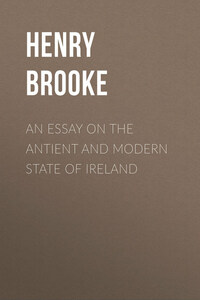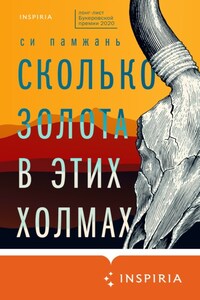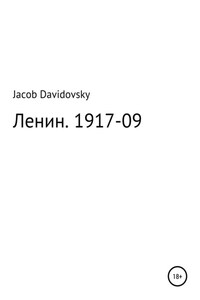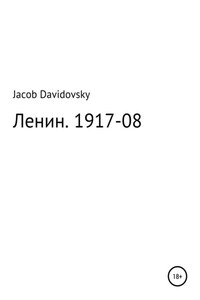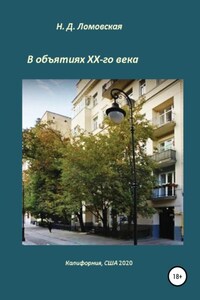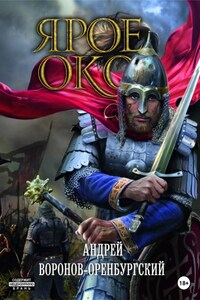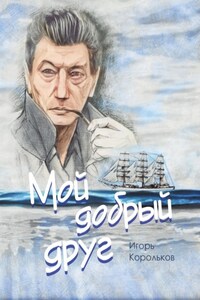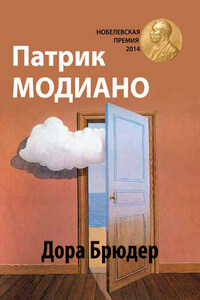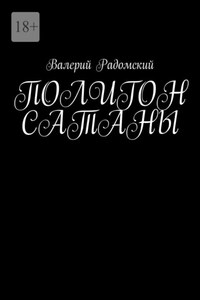TO
Matthew M>c. Namara,
Of LIMERICK, Esq;
Counsellor at LAW.
Justly sensible, Sir, how sincerely You have the Character and Esteem of our Native Country at Heart, I take Leave to offer to Your Perusal, and commend to Your favourable Acceptance, the following Sheets.
What gave them Rise, was my happening, some Time since, to have fallen into Company with two or three sprightly young Gentlemen, then just returned from their Continental Rambles, – who – altho' little burthened with the Religion, Laws, Learning, Policy, Customs, Habits, Manners, or Languages of any, or the several Countries they had scampered thro', affected, nevertheless, an high Contempt for this, – their Native.
I listened with silent Indignation, and determined to contribute my Mite towards giving such unattentive, uninformed Youths, a more adequate Idea of this Kingdom, under its ancient and under its present happy Establishment.
The common Accidents of Time must lead them by better Authority to clearer Knowledge: In the mean while, I profess my Obligations to them, as they have given me this Opportunity of declaring my Regard to my Country in general, and the particular Attachments that ever bind me, in the strictest Sense of Fidelity and Esteem, to a Friend so worthy as You have been to,
Sir,
Your very obliged, and
Most obedient Servant.
In a Nation, where almost every Gentleman is better acquainted, and more conversant, with the Nature and Circumstances of other Countries than those of his own, the Publication of such Hints as may somewhat contribute to remove so odd an Inattention, and induce those far better qualified to render a Subject so interesting some Justice, will not, I hope, be deemed an Impertinence; in one especially who, by this Essay, however feeble, hath nothing beside the Honour and Advantage of Ireland in View, a Kingdom whereof he is, without Vanity, proud of being a Native.
As the Story of Savages and Barbarians can contain nothing instructive, or entertaining, the Antemilesian Inhabitants of this Land having been mostly such, and all surviving Accounts of them almost totally overcast with Fable, we are therefore, in treating of the antient Scotia, or modern Ireland, to refer principally to three distinguished æras, whereof the first is, its being peopled by an Iberian or Spanish Colony: The second, truly glorious, the Arrival of St. Patrick, in his most salutary Mission: The third and last, its Cession to Henry the Second, King of England, (the first of the Royal Race of Plantagenet) partly from a pretended Title of Adrian the Fourth, Pope of Rome; partly from the restless and insatiable Desires of Henry; more from the manifold Infirmities of the then reigning Irish Chiefs – but above all, from the peculiarly adverse Fate of Roderick, the last of our Kings.
The assiduous, exact, and candid Author of the Dissertations,1 lately published, on the Origin, Government, Letters, Sciences, Religion, Manners and Customs of the antient Inhabitants of this Country, hath put all those Matters in so clear and happy, and, at the same Time, in so strong a Light, by the Powers of various foreign Testimonies, of undeniable Authenticity, coincident with our own, that scarce any Thing new can be offered on the same Subject.
It may, however, in general be observed, that Milesius, a Spanish Prince, so far back as the Reign of Solomon (instigated by Necessity, or induced by Ambition) with a considerable Number of Associates and Followers, landed from the Western Parts of Spain, on the Southern Coasts of this Island, where it is probable they met little, or but faint Opposition, from wild and undisciplined Inhabitants.
Those People, from their early Knowledge of the Phœnician Arts and Letters, imported such Rudiments of Government and Learning, as those primitive Times admitted; a Truth visible from the Similarity or rather Identity of the Phœnician and Scotic Alphabet.
This antient Colony quietly settled here, remote from the Storms and Revolutions of the greater World, and secured by Situation from its hostile Incursions, there is no Doubt but the Cultivation of Religion, Philosophy, Politicks, Poetry, and Musick, became the chief Objects of popular Study and Application: The Spirit of Ambition in succeeding Ages, with its unhappy concomitant Train of Sedition, Faction, and Violence, the foreign Invasions, and often the intestine Oppressions and Calamities, to which our neighbouring Nations were subject, calling forth the protective or conciliating Aids of those ancient Heroes, made them great Masters also in the Art military.
The Pentarchy originally formed by those Iberian or Celtic Spaniards, with a popular Right of Election, was certainly a Kind of Government extremely consistent with the Essence and Genius of true Liberty, and a System derived from the Patriarchs themselves. For when the various Necessities of Society required a Subordination, together with some stated Maxims to go by, to avoid the confused and promiscuous Intercourse in a State of Nature; then did the People elect the most Virtuous and Wise, to lead and conduct them in Times of War and Trouble; to govern, inform, and protect them, in milder and more auspicious Seasons. Then was the Motto of the Crown, or of the chief Ensign of Pre-eminence,
